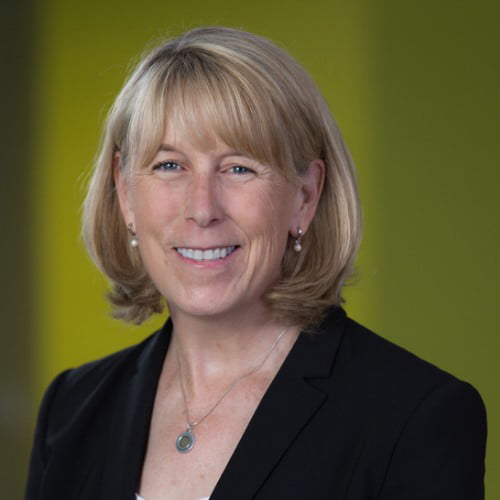Mastering AEC Firm Resilience

There is a popular acronym used to describe our world today: VUCA (volatility, uncertainty, complexity, and ambiguity), resulting in a world where change and disruption have become constants. Building a resilient practice in engineering, architecture, or contracting cannot be left to chance; we must intentionally operate and make strategic choices that position us for today and the future.
Resilience is often a topic of discussion and core to the work we do in the built environment every day, from designing for extreme weather to disaster mitigation to community resilience and more, all with the intent to minimize uncertainty and volatility. Being resilient means we anticipate, adapt, withstand, and recover when faced with challenges and disruptions to our survival.
Business resilience requires that we strategically choose agility over complacency and proactivity over reactivity – we make daily choices that impact our firms’ long-term success and sustainability. Leveraging insights from past challenges and proactively planning for the future, we can:
Leverage Business Foresight – during the 2008 economic downturn, some firms that suffered the most were those that traditionally enjoyed a high volume of projects that “walked in the door” and required little business development or marketing effort. Some of these firms struggled to pivot quickly; they weren’t sure where to put their time and resources to best use and had neglected past client relationships. A deep understanding of what drives your business, proactively managing the firm’s financial performance, strategically nurturing a wide variety of client relationships, and proactively mitigating risk can position your firm to quickly move from analysis to action in a crisis.
Cultivate a Culture of Innovation and Learning – if you do things “the way we’ve always done it,” you’re likely on the road to eventual obsolescence. Today’s fast-evolving and complex world demands that we keep pace by rapidly integrating new knowledge.
Learning extends beyond training programs; it includes research and development, looking outside our industry for clues and ideas that we can adopt, and hiring staff with credentials we may not have considered before (consider the novelty of “prompt engineers” before ChatGPT came on the scene), experiment with new ways to serve clients and more. Cultivate a mindset where challenging the conventional and pursuing growth opportunities are imperative, as if your firm’s survival depends on it.
Grow Your Network with Intention – “The number one certainty in this world is that the future is all about relationships,” according to Daniel Burrus, a well-known futurist and author of The Anticipatory Organization.
The advancement of technology is on an exponential growth path, and our ability to adapt is not keeping up; however, “crowdsourcing” knowledge and ideas beyond our limited view can lead to rapid transformation and development. Embracing “people skills” alongside our technical know-how is essential, unlocking opportunities for relationships that might previously have gone unnoticed, leading to growth, innovation, and resilience.
Embrace Continuous Strategic Planning – often, strategic planning is an offsite event with a leadership team every three to five years to review the past and set a course for the future. In a VUCA world, strategy can’t be static; it must be proactively managed and course corrections made when conditions warrant.
To remain vigilant, we must cultivate strategic thinking as a core competence in our firms. By training our future leaders to identify and assess emerging trends, risks, and opportunities and fostering an environment where they can voice their insights and ideas, we can better prepare our firms to remain agile and forward-thinking.
Next Steps
Looking for more ideas and tactics to build strategic business resilience? Join Stambaugh Ness for our upcoming webinar, AEC Firm Resilience: Merging Trends, Human Capital, and Market Insights. Register today!



